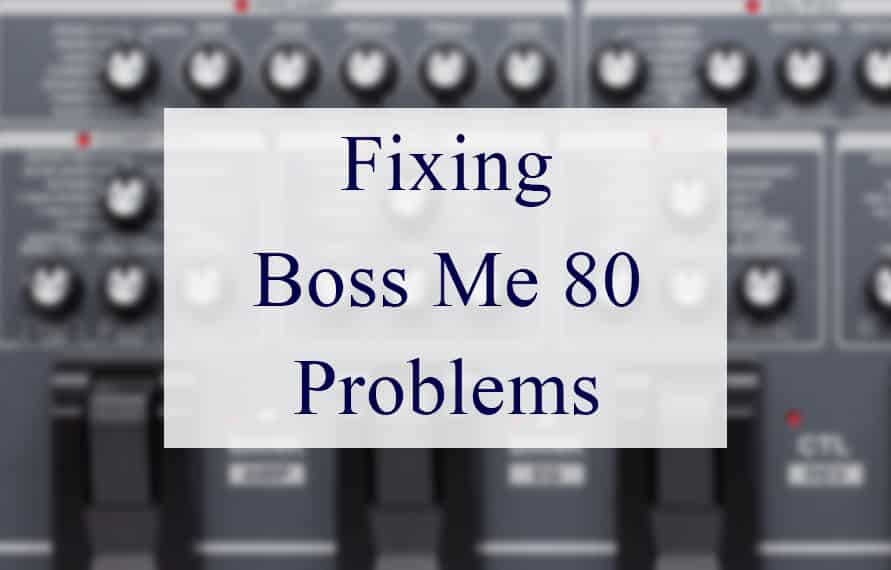
Boss is an industry leader when it comes down to audio equipment and ME-80 is one of the best guitar multi-effects processors that they have launched. It is a battery-powered unit with a diverse range of effects and amps, making it a perfect choice for guitar performances.
It has a knob-based interface, which makes it easier to select the sound settings. Moreover, there are footswitches available for better control over effects and patch selection. However, there are various problems associated with this processor.
How to Solve Boss Me 80 Problems
- Scratches
Boss ME-80 has a great finish but since it’s brushed brass, many users have complained about the scratches. Usually, the floor pedals are prone to dust buildup, which is why it’s recommended to clean the floor pedals properly with a damp cloth.
You must not let the dust build up, so focus on regular cleaning and always clean it after and before using the processor. In addition, keep the processor away from the pointy objects to maintain the finishing.
- Effects Not Working
It has been designed with eight effect options to meet the sound needs of different musicians and genres. However, there are instances when the effects stop working. The first step is to check the switches and make sure there is no dust buildup in the switches.
You must use a dry cloth for cleaning the dust because the moisture from the damp cloth can cause a short circuit. On the other hand, if cleaning the switches doesn’t work, it’s likely that the internal wiring is damaged and needs to be repaired.
It’s recommended that you turn off the processor and disconnect it from the power source. Then, take off the back cover and check the internal wiring. If the wires seem burnt or melted, you have to replace them with new wiring.
- Completely Dead
If the ME-80 is completely dead, you won’t be able to turn it on or use the controls. There are different factors that you have to check.
- Component Placement
Many musicians customize the processors but end up installing the components in an incorrect order, which negatively impacts the functionality. For this reason, you have to check the documentation of the unit and make sure you have installed the components in the correct place.
This is because some components of the unit are polarized, which is why proper placement is essential.
-
- Diodes – the band’s end should be pointing towards the PCB’s negative terminal
- Electrolytic capacitors – the negative stripe’s side must point towards the PCB’s negative terminal
- IC – the IC’s end should be properly aligned with the PCB
In case any of these components are connected incorrectly, you must desolder them and reconnect them at the right position.
- Solder Connections
The solder connections can directly impact the functionality of the components because damaged soldering fails to transmit the current, resulting in a dead unit.
For this reason, it’s better that you inspect all the solder joints to ensure there are no cavities, loose connections, and gaps. In case a solder joint is off the board, you have to add more solder for improving the joint.
- Drop In Volume
ME-80 is one of the most advanced units but users experience a drop in volume whenever they try to use the vintage effect. If you have a similar issue, it’s likely to be an unstable circuit.
It is recommended that you call an electrician to fix the circuit and redo the component connections. In addition to this, make sure the dials are placed correctly.
- Humming
If the unit is making a humming sound and it’s disturbing the sound quality, you have to check the power supply. In most cases, the problem occurs when users connect a low-quality or underpowered supply. If that’s the case, you need to switch to a high-quality power supply as the proper setup is essential for the processor to work.
- Popping & Crackling Sound
The processor making unusual sounds like crackling and popping is usually caused by a damaged power supply. In some cases, the sounds are a result of the processor and pedal issues as well. Irrespective of the reason, these sounds will result in an unpleasant guitar sound, which is why a proper repair is essential.
- Power Supply
Using the faulty or wrong power supply can result in noise and damage to the processor. So, check the power supply connected to the processor and make sure that it’s consistent.
Keep in mind that regular power supplies cannot be used with a processor as you have to regulate the voltage (you can ask for an electrician’s help). Moreover, the power supply must be filtered to ensure there is no noise coming from the AC line.
- Potentiometer
Another common reason behind popping and crackling sounds is the dirty potentiometer. The potentiometer is basically an inner part of a dial that helps control the current flow. So, when dust or dirt gets into the potentiometer, it will cause an interruption in the current flow, resulting in a crackling sound.
The solution is to clean the potentiometer. For cleaning the potentiometer, you must disconnect the processor’s front and use a small brush to clean the dust. In addition, you can opt for a lubricant or a contact cleaner to clean the stubborn dirt.
- Voltage Leaks
The voltage leaks from the processor’s capacitor can build up over the course of time, which results in a popping sound. The intensity of the sound depends on the capacitor’s quality as well as the nature of the effects. For instance, a pedal with higher gains will lead to a higher pop.
The solution is to install the pull-down resistors to the output and input of a signal path. As a result, the voltage leaks will drain out through the resistors, preventing voltage buildup.
- Processor Dies When Connected
If the processor was working fine before you connected it to the enclosure but it dies when you connect it to the enclosure, there could be something wrong with the wired hardware. The solution is pretty simple as you need to rewire the hardware and don’t forget to check the wires to prevent loose connections.
Last but not least, you must check the cables and input jacks to make sure they are not touching the system’s enclosure. On the other hand, if the enclosure is small, it’s recommended that you opt for a non-conductive piece to block the path.
- Distorted Sound
When the processor is on and you have connected it to the guitar and the sound is distorted, there are various factors that need your attention;
- Cable Connection
First of all, you must inspect the backside of the processor and make sure that the power cable is tightly and fully connected to the jack. Keep in mind that the power adapter cable must be connected to the last jack. However, if the distortion is still there, you have to change the power cable.
In addition to the power cable, you must check the cables connected to the guitar. That’s because a worn-out cable is often the primary source of distorted sound. You must ensure that the cables are tightly connected to the output or input jack. On the contrary, the worn-out cable must be replaced.
- Wrong Settings Between Mixer & Amp
The processor has a button on the rear that’s used to switch between mixer and amp and you have to ensure that it’s positioned properly. This is because incorrect settings can result in unwanted sound. You can check the manual to determine the correct position.
- Shared Output
Distorted sound or unwanted noise tends to incur when the processor is connected to the same outlet where different electronics are connected. So, try connecting the processor to a separate power supply to prevent electrical interference.
- MIDI Messages Are Not Received Or Transmitted
The first thing you need to do is to replace the MIDI cables and make sure they are properly connected to the MIDI device. Moreover, the MIDI channels must match on both devices. In case you have any other issues, try calling Boss customer support for technical assistance.

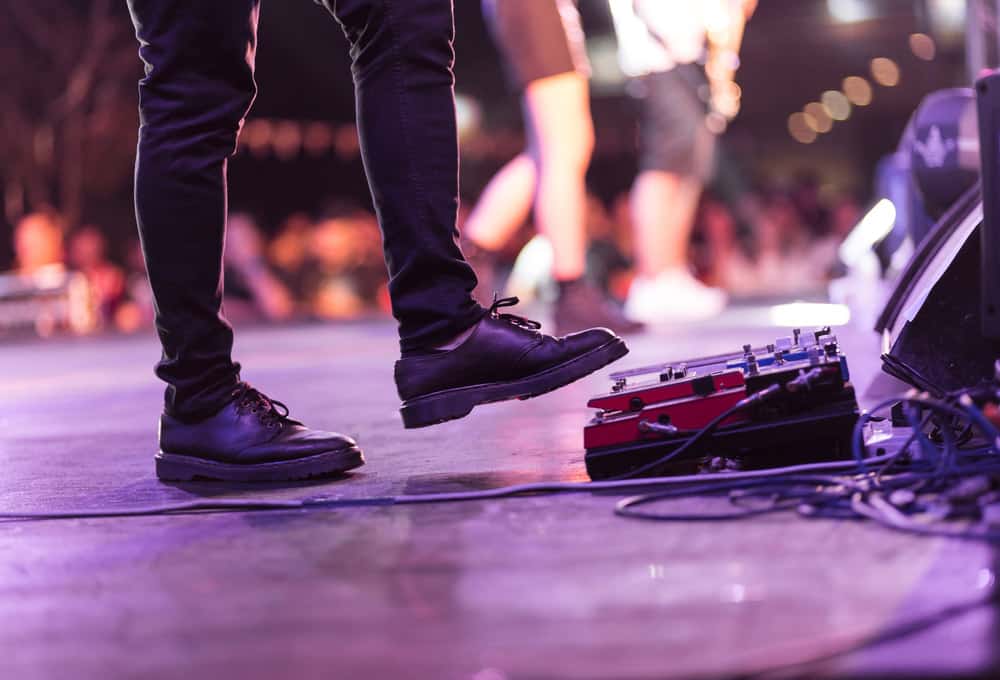
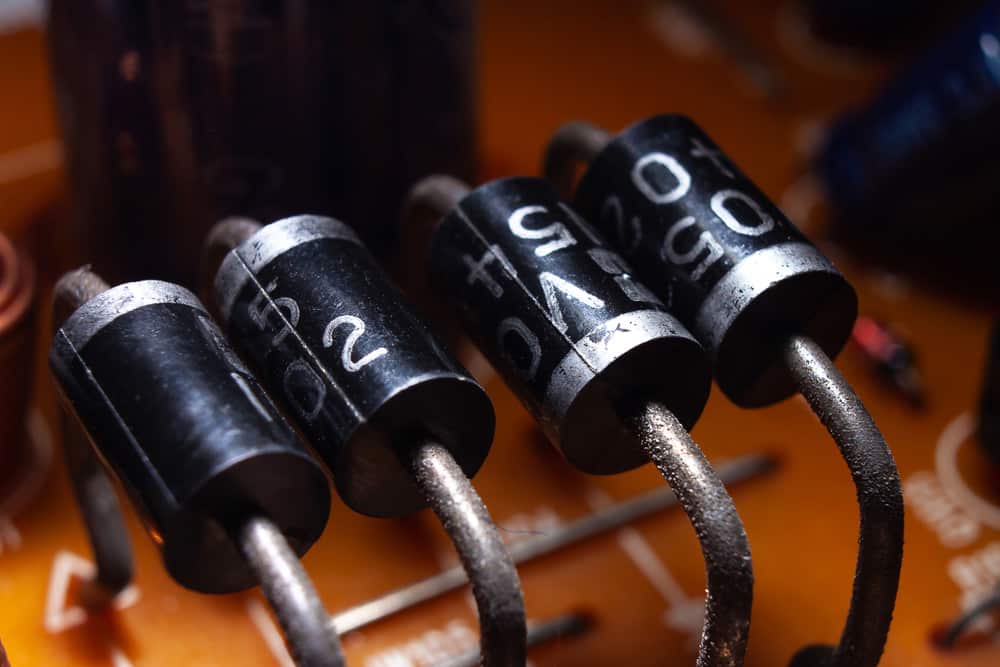
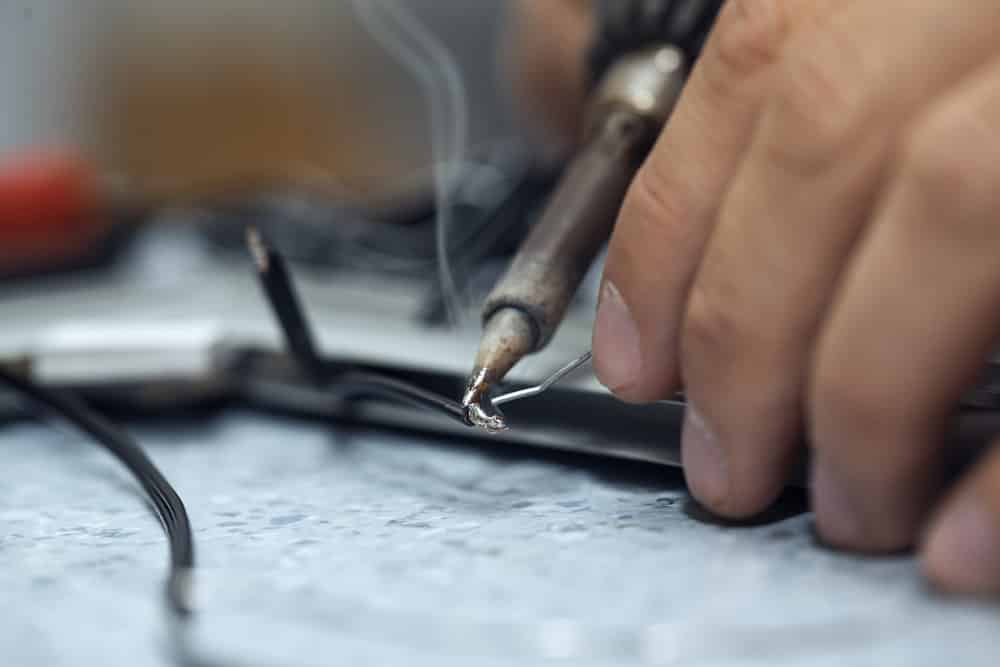
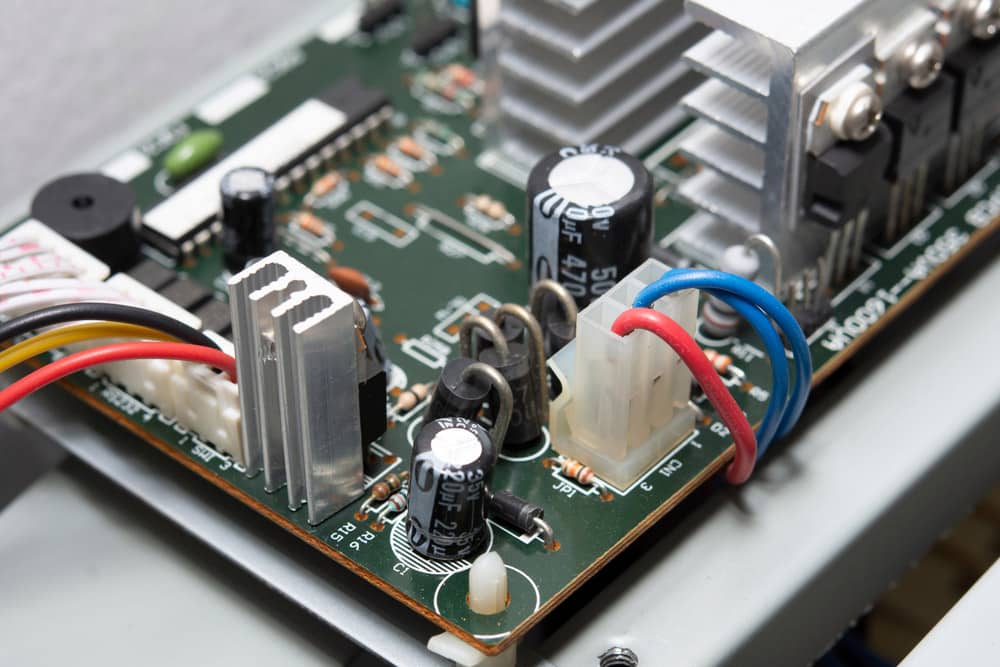
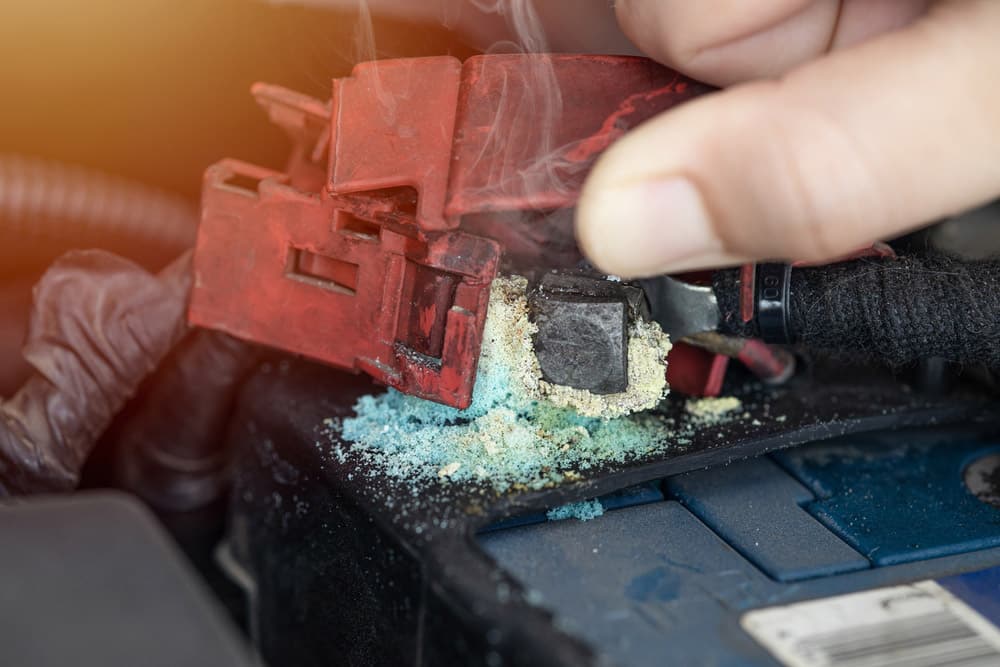
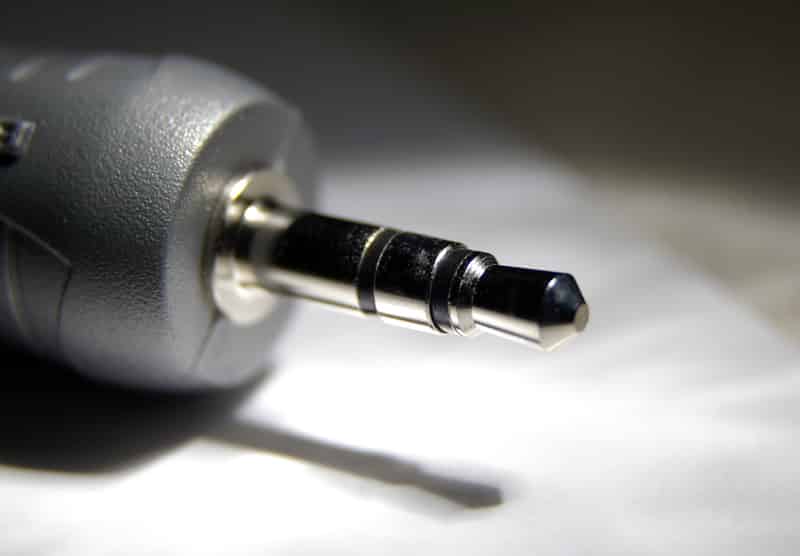
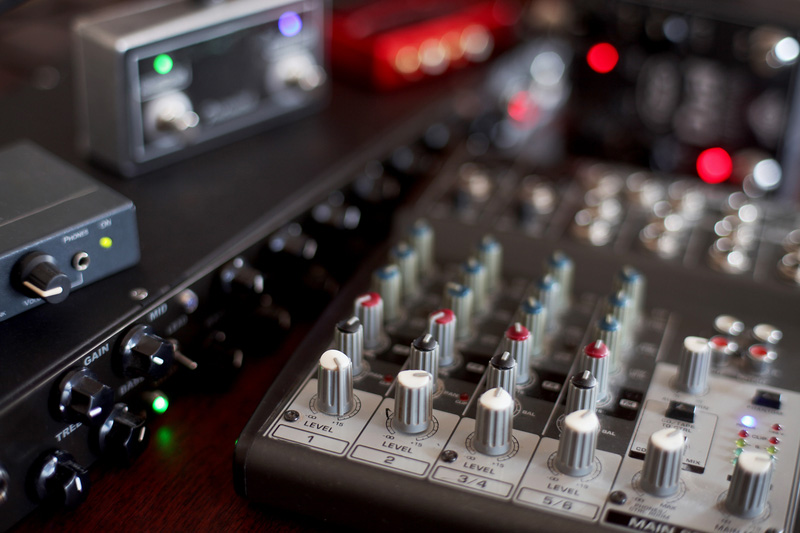
I have a problem with the freeze pedal, any ideas how to fix it
thanks in advance
Hi all my lights are on
Between setting
Same thing with mine. Cutting off…
The gain level keep on increasing and decreasing automatically please resolve the problem
I’m having the same problem.with.my ME-80 as Gojul. Did anybody find a solution?
Thanks!
I HAVE A BOSS ME 80 GUITAR PROCESSOR BOUGHT 4YRS. BACK AND WAS IN USE BUT NOW IT IS Automatically switching off after some time and not getting on FOR SOME TIMES,PLEASE ADVISE
Automatically switching off after some time and not getting on